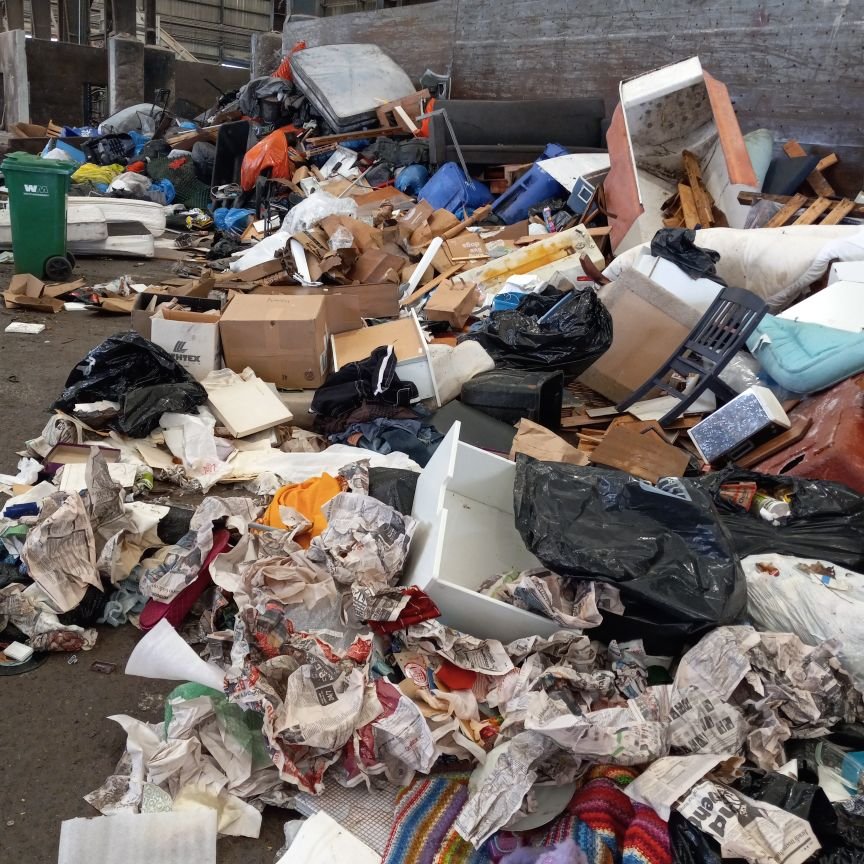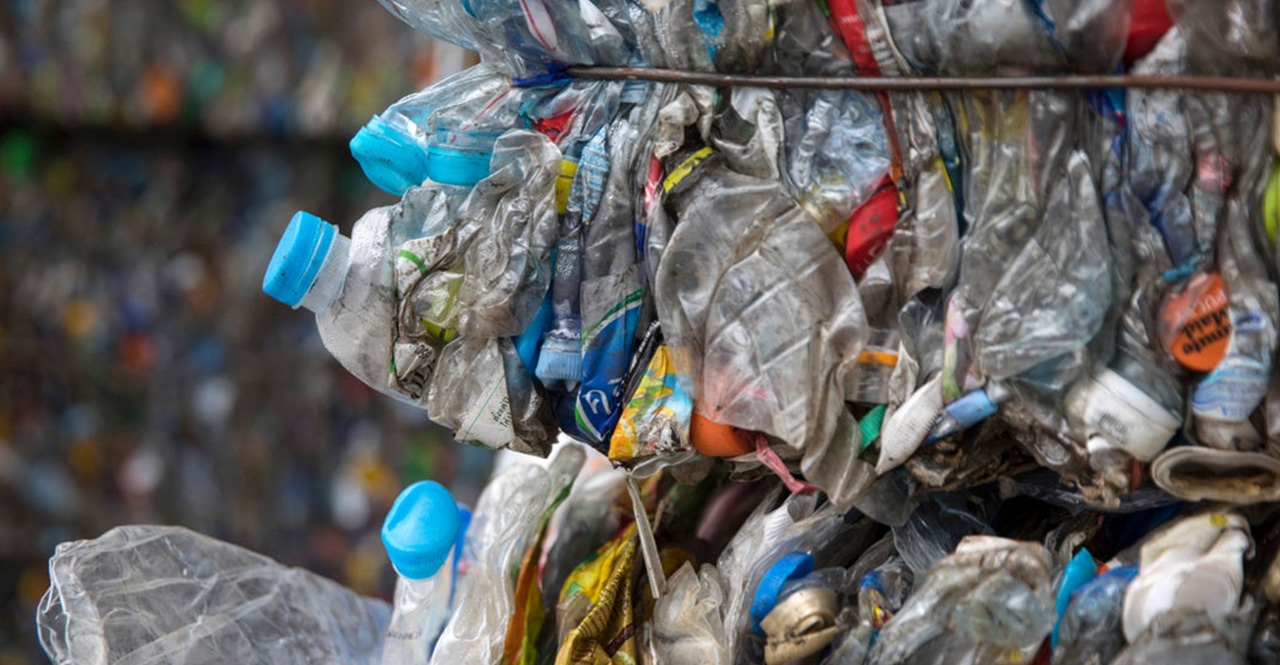Navigating Liquid Waste Challenges with Reclaim Waste Melbourne's Competence
Navigating Liquid Waste Challenges with Reclaim Waste Melbourne's Competence
Blog Article
Fostering Source Efficiency and Environmental Management With Liquid Waste Elimination Programs
In the realm of ecological stewardship, the administration of liquid waste stands as an essential point where resource effectiveness and environmental management assemble. Fluid waste removal programs play a pivotal function in safeguarding our ecological communities and making sure sustainable advancement practices. By thoroughly addressing the disposal of fluid waste, industries and neighborhoods can not just mitigate potential threats but likewise unlock opportunities for recycling and repurposing beneficial resources. As we navigate the intricacies of waste management in a quickly developing globe, the harmony in between ingenious modern technologies, strict guidelines, and forward-thinking strategies ends up being significantly paramount. With a lens of positive involvement and strategic foresight, the landscape of liquid waste monitoring introduces a tapestry of challenges and possibilities that beckon us to check out the course in the direction of a greener and more sustainable future.
Value of Fluid Waste Removal
The importance of liquid waste removal depends on its important function in protecting environmental health and protecting public well-being. Liquid waste, otherwise effectively taken care of, can posture significant dangers to environments, water resources, and human health and wellness. Through efficient elimination procedures, dangerous compounds such as microorganisms, chemicals, and contaminants are stopped from polluting the environment and creating damaging effects.
Proper fluid waste removal additionally assists in avoiding the spread of conditions and minimizing the capacity for groundwater contamination. By securely throwing away liquid waste, the threat of waterborne illnesses and pollution-related health issues is significantly lessened - Liquid waste removal. Furthermore, reliable removal techniques contribute to keeping the general sanitation and aesthetics of communities, consequently enhancing the lifestyle for locals
Moreover, liquid waste removal plays an essential function in sustaining lasting advancement and making certain compliance with ecological laws. By adhering to appropriate waste monitoring protocols, markets and organizations can reduce their environmental footprint and demonstrate business duty. Inevitably, spending in robust liquid waste removal programs is vital for advertising ecological stewardship and cultivating a much healthier, more secure future for all.

Benefits of Effective Disposal
Efficient disposal of liquid waste not just safeguards ecological health and wellness and public wellness but additionally produces many benefits that extend past prompt containment steps. Through procedures like reusing and energy recuperation, beneficial sources can be extracted from fluid waste, advertising sustainability and decreasing the strain on raw products. Generally, the benefits of reliable fluid waste disposal are multifaceted, incorporating ecological protection, source effectiveness, and financial benefits.
Technologies for Waste Therapy
Using innovative innovations for waste therapy plays a vital role in making certain the efficient monitoring and risk-free disposal of fluid waste. One of the essential technologies employed in fluid waste treatment is organic therapy.
Advanced oxidation processes (AOPs) have actually acquired appeal for their ability to break down important link persistent organic toxins in liquid waste with the generation of highly reactive hydroxyl radicals. Membrane layer technologies like reverse osmosis and ultrafiltration work for dividing contaminants from fluid waste streams. In addition, thermal treatment techniques such as incineration can be used for the complete damage of unsafe components in liquid waste. Generally, the integration of diverse treatment modern technologies ensures environmentally friendly and detailed monitoring of fluid waste.
Role of Regulations and Compliance
In the world of fluid waste monitoring, adherence to regulatory structures and conformity criteria is extremely important for safeguarding ecological wellness and sustainability. Rules play a crucial role in governing the proper handling, therapy, and disposal of fluid waste to stop injury to ecological communities and human wellness. By developing clear guidelines and standards, regulatory bodies ensure that businesses and people included in liquid waste management run in an eco accountable way.
Compliance with these laws is not just a legal requirement yet click to read additionally an honest obligation to shield the setting for present and future generations. It entails carrying out finest practices in waste collection, transport, disposal, and therapy to lessen environmental influence and promote source effectiveness. Non-compliance can result in fines, lawsuit, and reputational damages for organizations, highlighting the value of promoting governing requirements.

Future Patterns in Waste Administration

Another key fad in waste monitoring is the fostering of sophisticated data analytics and expert system to optimize waste collection courses, boost sorting processes, and enhance total functional effectiveness. These technologies enable waste monitoring firms to make data-driven decisions, resulting in cost financial savings and environmental benefits.
In addition, there is an expanding emphasis on the growth of decentralized waste management systems, such as onsite treatment centers and mobile waste processing units. These systems supply versatility and scalability, allowing for extra effective waste handling in diverse settings.
Final Thought
In conclusion, cultivating resource performance and ecological protection via liquid waste elimination programs is important for sustainable advancement. Effective disposal techniques, advanced innovations for waste treatment, and rigorous regulations play vital roles in decreasing environmental influence. Looking ahead, continual technology and improvement in waste administration practices will certainly be important for attending to the expanding challenges of fluid garbage disposal.
In the realm of ecological stewardship, the management of fluid waste stands as a crucial time where resource effectiveness and ecological protection assemble (Reclaim Waste).Using innovative technologies for waste More Help treatment plays a critical role in making sure the reliable management and safe disposal of liquid waste.In the world of fluid waste monitoring, adherence to regulatory frameworks and conformity criteria is extremely important for protecting environmental health and wellness and sustainability.In verdict, cultivating resource efficiency and environmental security with fluid waste elimination programs is vital for lasting growth. Looking in advance, continuous innovation and renovation in waste monitoring techniques will certainly be essential for addressing the growing challenges of liquid waste disposal
Report this page